Embracing AI in Marketing Automation
As an advisory firm, it is our responsibility to understand the difference between a flash in the pan and long-term technological changes. We don’t rush out with the “New Tech Change = easier, better, harder, worse” approach taken by many of the system integrators, but take the time to really understand whether there really has been a step-change or not. Which brings me to the role of Artificial Intelligence (AI) in Customer Experience.
Artificial Intelligence: A Game-Changer for Customer Experience
Over my almost 30-year journey through the marketing technology landscape I’ve watched trends ebb and flow, but AI’s rise to prominence over the last 2 years is a formidable wave that’s reshaping the industry, and what that means for our customers. In this post I’ll delve deeper into how AI is revolutionising marketing and the aspects marketers should consider when adopting these advanced tools.
The integration of AI in Customer Experience (CX) technologies and Marketing Automation tools has been in development for many years, and to a certain extent adopted by most technology vendors and clients alike. However, in the last 2 years we have seen not just an incremental update to tech, but AI often now leading the conversation.
The Evolution of AI in Marketing
AI’s integration into marketing technologies is reminiscent of the seismic change the internet brought in the late 90s. It’s transformative. AI in marketing transcends routine automation; it’s about intelligent, insightful automation. These AI-empowered systems don’t just execute tasks; they learn from data, predict customer behaviours, and make real-time decisions.
AI as a Marketing Assistant: Some considerations
- Predictive Customer Insights: With AI, we’re not just looking at data; we’re uncovering stories. Tools like Optimove’s OptiGenie and Adobe’s Sensei, delve deep into customer preferences and behaviours, offering marketers a treasure trove of insights.
- Hyper-Personalisation at Scale: AI goes beyond basic personalisation. Think of Salesforce’s Einstein AI, which provides hyper-personalised customer experiences at scale, akin to having a personal concierge for each customer.
- Agile, Real-Time Decision Making: Tools like Pega’s AI-driven solutions offer the agility to adapt campaigns in real-time, crucial in a rapidly changing consumer landscape.
- Maximising Efficiency and ROI: AI’s ability to automate routine tasks liberates marketers to focus on strategy and creativity. With AI’s precision in targeting and optimisation, platforms like OPtiGenie and Braze demonstrate a tangible improvement in ROI.
The Human Element in AI-Powered Marketing Automation
While AI introduces efficiency and effectiveness, it does not replace the human element. The most effective marketing strategies blend AI’s data-driven insights with human creativity and intuition. It’s a partnership where AI provides the tools, and humans provide the vision. As my colleague Tim Biddiscombe reminds me, “in a successfully deployed MarTech stack, AI stands for Assisted Intelligence, not Artificial Intelligence”
Implementing AI in Marketing Automation: Strategies for Success
- Identifying Your Needs: Before embracing AI, it’s crucial to understand your specific needs. Are you seeking enhanced customer insights, more effective personalisation, or improved ROI? Your objectives will guide your choice of AI tool.
- Selecting the Right Tools: The AI tool landscape is diverse. Platforms like Iterable and Tealium excel in specific areas like multi-channel campaign management and data orchestration, respectively. Choose tools that align with your marketing objectives.
- Maintaining the Human Touch: AI is a powerful assistant, but it doesn’t replace the nuanced understanding and creative capabilities of humans. The magic happens when AI and human intelligence collaborate.
- Embracing Agility and Continuous Learning: The realm of AI in marketing is dynamic. It’s essential to stay adaptable and continuously evolve your strategies in response to new developments and insights.
The Future of AI in Marketing: Beyond Analytics
Looking ahead, AI’s role in marketing will deepen, with advancements going beyond data analysis to creative content generation. Imagine AI not only providing insights but also helping to draft initial campaign concepts, which marketers can then refine and enhance.
The integration of AI in marketing automation marks a significant shift in our approach to marketing. It offers unparalleled opportunities for personalisation, efficiency, and customer engagement. However, the marketer of the future will be the one who expertly balances AI’s capabilities with the irreplaceable human touch. As we step into this new era, let’s harness AI not just to market more effectively, but to forge deeper, more meaningful connections with our customers.
Like what you see?
Subscribe to our newsletter for customer experience thought leadership and marketing tips and tricks.





